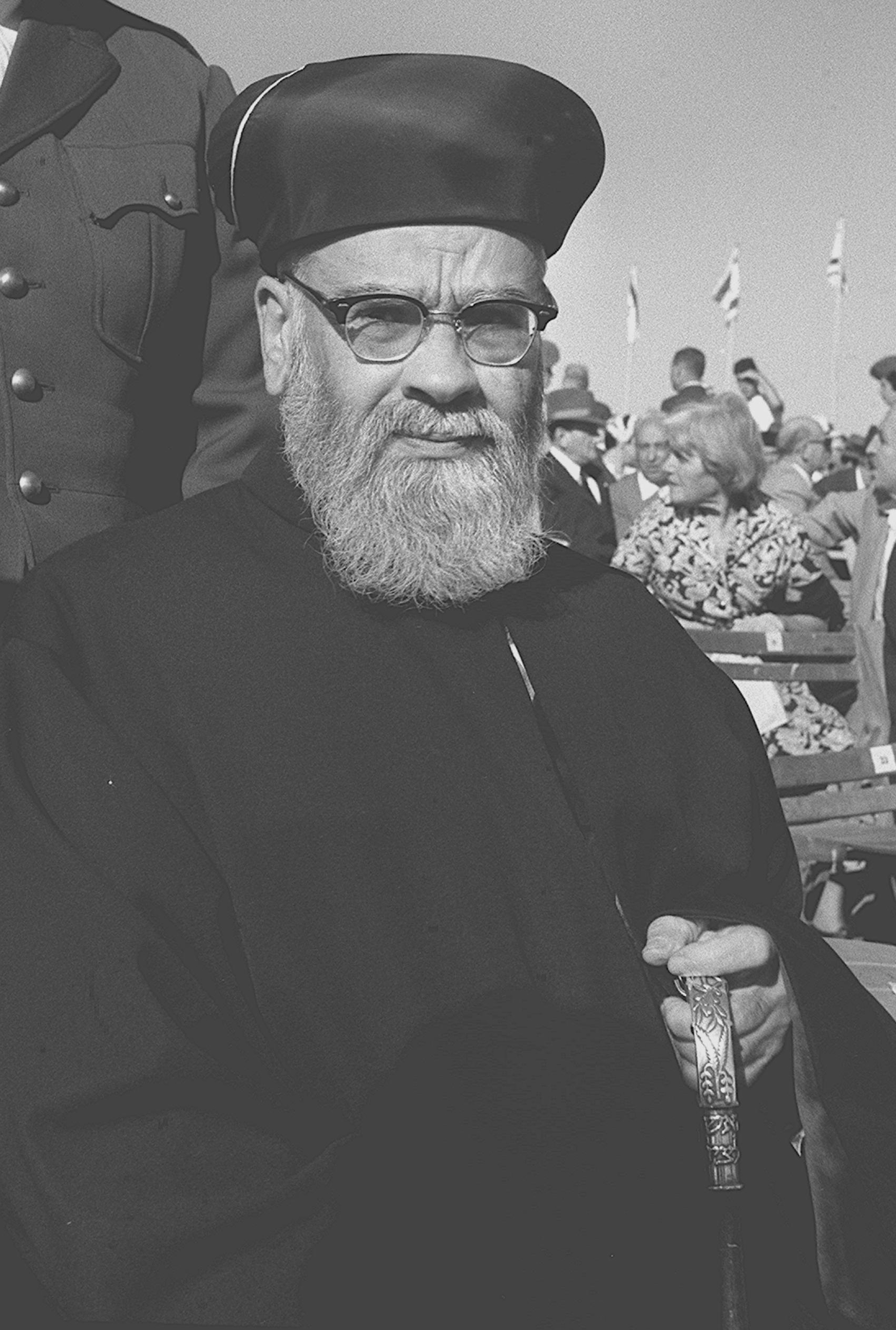The ninth principle asserts that our God given Law, the Tora ( see this), could never be changed or replaced by another set of Laws.
Rabbi Pereira-Mendes explains: "Our Tora was given us by God. He does not change. And His word stands for ever....It is because we believe that our Law never was and never is to be changed, that we reject Christianity." Christianity and Islam share with Judaism the Eight Principle, i.e., the belief in the divine origin of the Tora. But the Christian faith claims that God changed His mind and annulled the Pact with Israel (=ma'amad har Sinai, when God made Israel His chosen people) and now He made a new pact (berit chadasha) or a new testament with the Church, annulling the Biblical commandments and replacing them with a new set of laws.
Similarly, Islam accepts the divinity of the Tora, but their claim is that Mohammed's prophecies were greater than Moshe Rabbenu (whom they also venerate) and the Qoran, therefore, replaces the Hebrew Bible.
The ninth principle conveys our categorical rejection of all these theories of replacement. Every prophet in the Hebrew Bible came to teach and uphold the Tora and to encourage the People of Israel to be faithful to its commandments, not to change them. The Tora establishes clearly and explicitly (Deut. 13:2-6) that if a prophet comes and claims that we should modify even one Mitzva of the Tora, we know that he is a false prophet. Even though this prophet shows that he is capable of performing miracles, something which apparently would give credibility to his prophecy, we are commanded explicitly to reject his message and consider him a false prophet. "In all these cases", Maimonides says "we know that such a prophet is speaking presumptuously in God's name, making up something not told him by God. For God Himself told Moses that these commandments (=The Tora) is for us and our descendants forever".
Tonight is the 15 of the month of Ab, a happy day in the Jewish Calendar.
Click here to read: "Six events occurred on Tu B'Ab, the 15th of Av, making it a festive day in the Jewish calendar" by Rabbi Israel Meir Lau, former Chief Rabbi of Israel, from Aish
